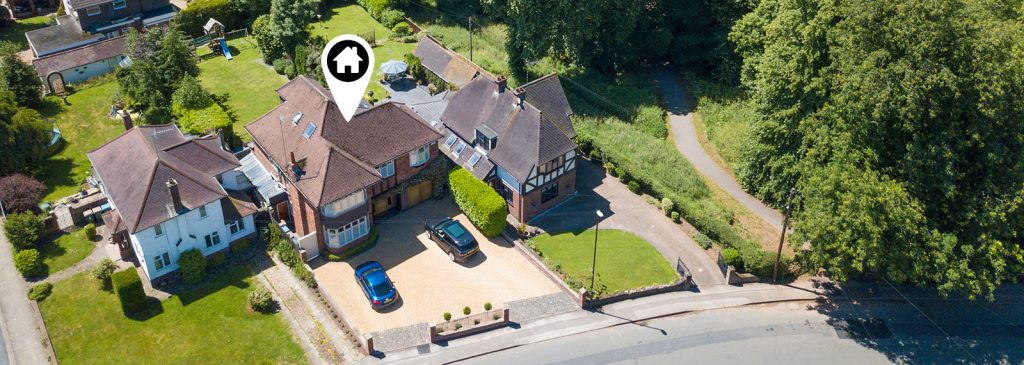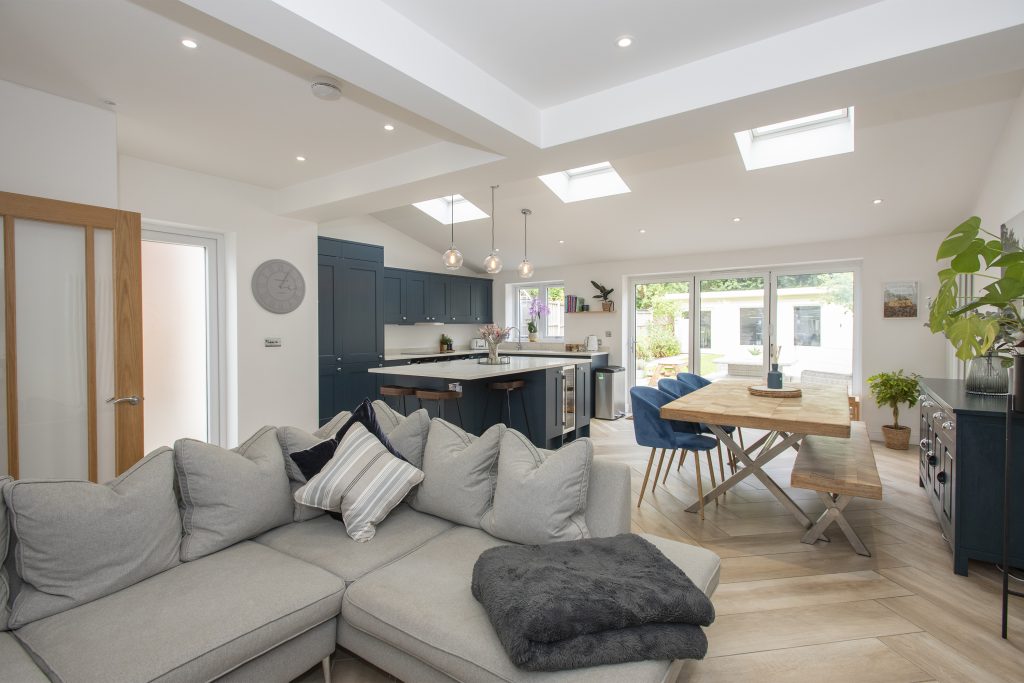What Really Drives the Value of Your Home: Key Factors to Consider

Introduction
When it comes to determining the value of a house, there are several factors at play that can significantly impact its worth. While some people may believe that the number of bedrooms or the square footage is the primary driver of value, it’s essential to look beyond these surface-level aspects. In this article, we’ll delve into the main factors that contribute to the value of a house, shedding light on what really matters in the real estate market.
- Location, Location, Location:
One of the most critical factors influencing a home’s value is its location. The proximity to good schools, shops, public transportation, and even the overall neighborhood can greatly affect the price of a property. Homes in desirable, safe, and well-connected areas tend to command higher prices. A neighborhood with excellent schools, low crime rates, and access to amenities can make a significant difference in a property’s value.
- Condition and Quality:
The standard of finishing and the quality of fixtures and fittings in a house play a vital role in determining its value. Well-maintained homes with high-quality materials, modern appliances, and updated systems often have a higher market value. Buyers are willing to pay a premium for a property that requires minimal repairs and upgrades, as it saves them time and money in the long run.
- Size and Layout:
While the number of bedrooms and square footage are essential considerations, it’s important to remember that it’s not just about quantity but also quality. A spacious, well-designed layout that maximizes usable space can significantly impact a home’s value. Open floor plans, functional kitchens, and well-proportioned rooms are often preferred by buyers and can command higher prices.
- Curb Appeal:

The first impression a house makes is crucial, and that’s where curb appeal comes into play. A well-maintained exterior, attractive landscaping, and a well-kept lawn can boost a property’s value. Potential buyers are more likely to be drawn to a house that looks inviting from the outside.
- Upgrades and Renovations:
Homes that have been recently updated or renovated tend to have higher values. Modern kitchens, updated bathrooms, energy-efficient windows, and other renovations can make a house more appealing to buyers and increase its market value. However, it’s essential to consider the cost of renovations and the potential return on investment when making these upgrades.
- Market Conditions:
The current state of the property market can also significantly impact a home’s value. In a seller’s market, where demand exceeds supply, home prices tend to rise. In a buyer’s market, where there are more homes available than buyers, prices may stabilise or even decrease.
- Historical Sales Data:
Estate Agents in Stratford upon Avon and other areas often rely on historical sales data and comparable properties (comps) in the area to determine a home’s value. This data considers recent sales of similar homes in the same neighborhood, taking into account factors like location, size, condition, and upgrades.
Conclusion:
While the number of bedrooms, square footage, and other physical attributes certainly play a role in a home’s value, it’s clear that there are many other factors to consider. Location, condition, layout, curb appeal, upgrades, market conditions, and historical sales data all contribute to the overall value of a house. When buying or selling a home, it’s essential to take a holistic approach, considering all these factors to make informed decisions and achieve the best possible outcome in the property sales market.
